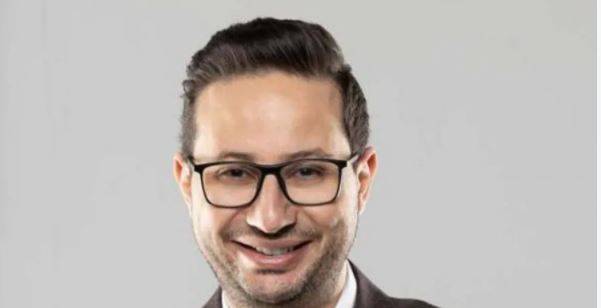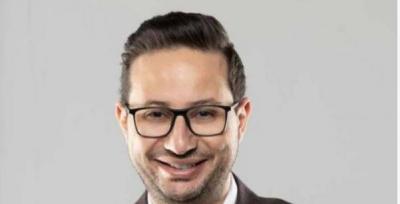After the arrest of pharmacist Ahmed Abu Al-Nasr, known as the "Curcumin Doctor," famous Egyptian artist Fatma Eid found herself in the eye of the storm as some accused her of helping the pharmacist deceive people by promoting the alleged curcumin treatment. The popular singer Fatma Eid appeared in a television commercial promoting the alleged curcumin treatment that has been aired on several channels for years, prompting calls for her accountability for contributing to the promotion of this treatment, which is said to have caused the death of some patients who relied on it.
Fatma Eid appeared in media outlets to defend herself, asserting that she presented this advertisement as a gift without any financial compensation, because, as she described, the pharmacist, known as the Curcumin Doctor, treated her husband for joint stiffness with this remedy after multiple attempts with specialist doctors failed to help him, according to her statement.
She clarified that she made this advertisement five years ago and it has been aired thousands of times across various channels, and that no entity has stopped it. She indicated that she does not know whether the alleged treatment is permitted or not, claiming that it is not her responsibility.
Regarding her legal position in this case, Shaban Said, the legal advisor to the Egyptian Actors' Syndicate, stated in remarks to "Sky News Arabia" that the key issue is whether she was aware of the lack of licensing or approval for this alleged treatment and its dangers. If she knew and still presented the advertisement, she would be considered an accomplice to the accused pharmacist. However, if she was unaware, she would be viewed as a well-meaning accomplice and would not face legal consequences.
Said explained that police investigations will determine whether Fatma Eid was aware of any commercial fraud related to the product she advertised. He called on Egyptian artists not to participate in advertisements for any products unless they are certain there are no violations, warning that some might chase after money and take part in advertisements for dangerous products that lead to legal issues.
Additionally, lawyer Mohammed Islah, from the Egyptian Court of Cassation, stated in remarks to "Sky News Arabia" that if it is proven that Fatma Eid was aware of the violations regarding the product she advertised, she would be a partner to the original accused and face the same punishment. However, if it can be shown that she was unaware, then the criminal intent would not apply to her. He also noted that even if it is proven she was aware, if she made the advertisement five years ago without any new developments regarding this product, her crime may have expired due to the statute of limitations.
The court in El-Dokki, Giza, south of the Egyptian capital, sentenced pharmacist Ahmed Abu Al-Nasr, known as the "Curcumin Doctor," to two and a half years in prison and fined him 250,000 Egyptian pounds for seven charges, including fraud, impersonating a doctor, operating a hospital and pharmacy without a license, selling unidentified goods, and distributing medications without the health minister's approval.
The Egyptian police arrested the Curcumin Doctor on Saturday evening in Sheikh Zayed City, Giza, after receiving several complaints accusing him of fraud and causing harm to patients by promoting unlicensed herbal treatment recipes.




